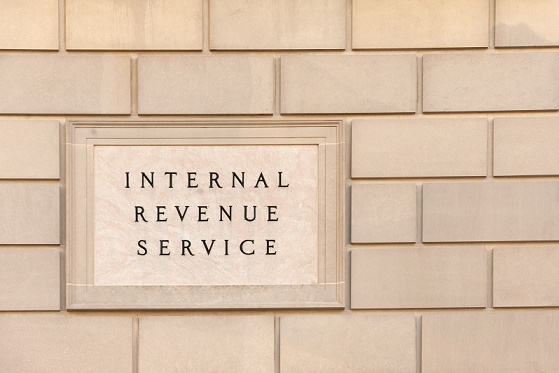Flaster Greenberg attorneys, Joseph M. Hayes and Jeremy Cole, successfully argued a Federal Tax case in the United States District Court for the District of New Jersey, resulting in the Estate of Agnes R. Skeba saving over $450,000 of Federal tax penalty. This case is significant because it has overturned the Internal Revenue Service’s longstanding interpretation of certain provisions of the Internal Revenue Code in connection with the imposition of the late filing penalty under Section 6651 (that impacts, US estate, gift and income tax).
As background, Agnes R. Skeba passed away on June 10, 2013. As a result, her US Estate Tax Return was due nine months later on March 10, 2014. Due to various issues, including nature of the property held by the Estate of Agnes R. Skeba, which consisted of significant farm property in the Garden State, the Estate filed an application to extend both the due date for payment of US Estate Tax and the time for filing a US Estate Tax Return. The IRS granted an extension through September 10, 2014 for both payment and filing. The Estate was able to refinance a piece of property and made a significant overpayment of US Estate Tax within eight days of the extension date and well before the deadline for payment. However, even though the Estate had paid all of the US Estate Tax in a timely manner, it could not, for a myriad of other reasons, file the US Estate Tax Return before the September 10, 2014 deadline. It subsequently filed the US Estate Tax Return in June 2015, requesting a refund of $941,162 as a result of an overpayment of US Estate Tax due. The IRS did refund the Estate $488,719, but retained $450,959 as a 25% late filing penalty.
The IRS’s long standing position (see IRS Revenue Ruling 81-237) has been that even if a taxpayer makes full payment of tax within an extended period for payment (thus extending the deadline for payment), but then files a late return, the IRS can assess a late filing penalty relating back to the original deadline – despite the IRS having been paid in full and having no economic harm. This is exactly what it did to the Estate.
However, Mr. Hayes and Mr. Cole argued that the correct interpretation of the Internal Revenue Code does not allow the IRS to assess a late filing penalty against the Estate because all tax had been paid by the Estate prior to the date prescribed for payment. On summary judgment, the Court agreed with the statutory arguments set forth on behalf of the Estate and granted summary judgment in favor of the Estate. Also, the Court addressed the Estate’s alternative argument that there could be reasonable cause for the late filing, but did not rule directly on this issue due to the statutory interpretation success of the Estate. The Court was not particularly happy with the IRS’s initial administrative review and denial of the Estate’s request for abatement of the late filing penalty for reasonable cause.
“Enduring the loss of a loved one is hard in and of itself, but adding financial heartache, like significant estate tax penalties, to the mix is unbearable. If it wasn’t for Joe and Jeremy’s forward-thinking approach and knowledge of the tax code and complexities that go along with it, this outcome would have been less than desirable for our family.” Stanley Skeba, Executor, Estate of Agnes R. Skeba


